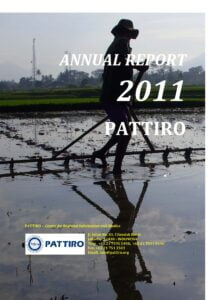 Within the last 10 years, since reform in the end of 1990s, Indonesia experiences rapid growth in politics, namely strengthened commitment of Human Rights, along with democratization and decentralization. Commitment to Human Rights is materialized from the fundamental part, namely from Amendment of Constitution 1945, making law on guarantee of Human Rights, and ratification of international covenants on Human Rights. The ratified laws include covenant on Economic, Social, and Cultural (Ecosoc) rights into Law No. 11/2005, and Civil and Political rights into Law No. 12/2005.
Within the last 10 years, since reform in the end of 1990s, Indonesia experiences rapid growth in politics, namely strengthened commitment of Human Rights, along with democratization and decentralization. Commitment to Human Rights is materialized from the fundamental part, namely from Amendment of Constitution 1945, making law on guarantee of Human Rights, and ratification of international covenants on Human Rights. The ratified laws include covenant on Economic, Social, and Cultural (Ecosoc) rights into Law No. 11/2005, and Civil and Political rights into Law No. 12/2005.
Democratization is viewable through general election that involves many political parties, direct election of president and regional heads, and laws that guarantee community’s rights to be involved in development planning.
Decentralization triggers big change, as central government reduces much of its authority on administration at local level. Authority on making policies, development plans, public services, and budget management, which once solely belonged to central government, now is given to local government. Consequently, local government may produce local development plans and policies that reflect local stakeholders’ aspirations and interests. On the other hand, however, commitment on Human Rights fulfillment becomes vary. Some of local governments are able to facilitate community involvement in local policy‐making, while most of them do not show their commitments in Human Rights fulfillment in development plan or policies.
[__wpdm_package id='8128']
